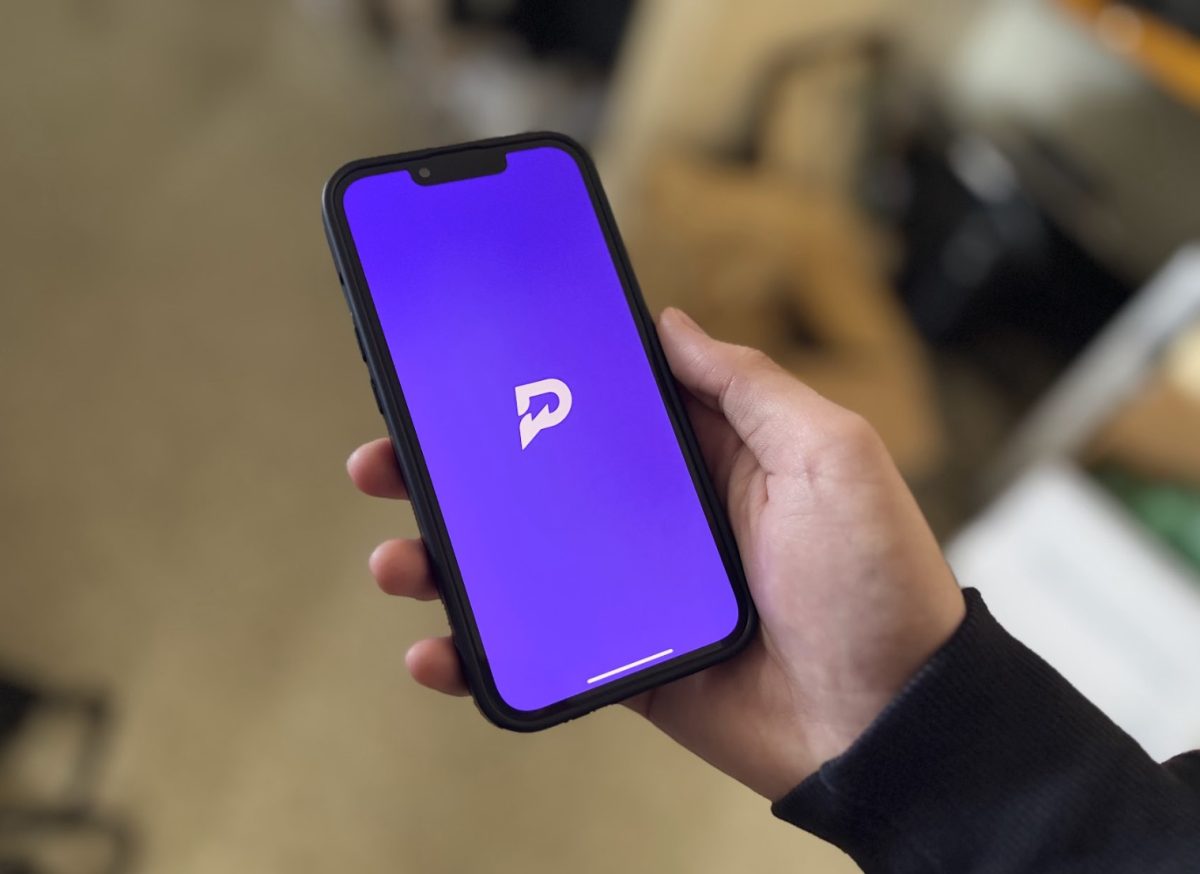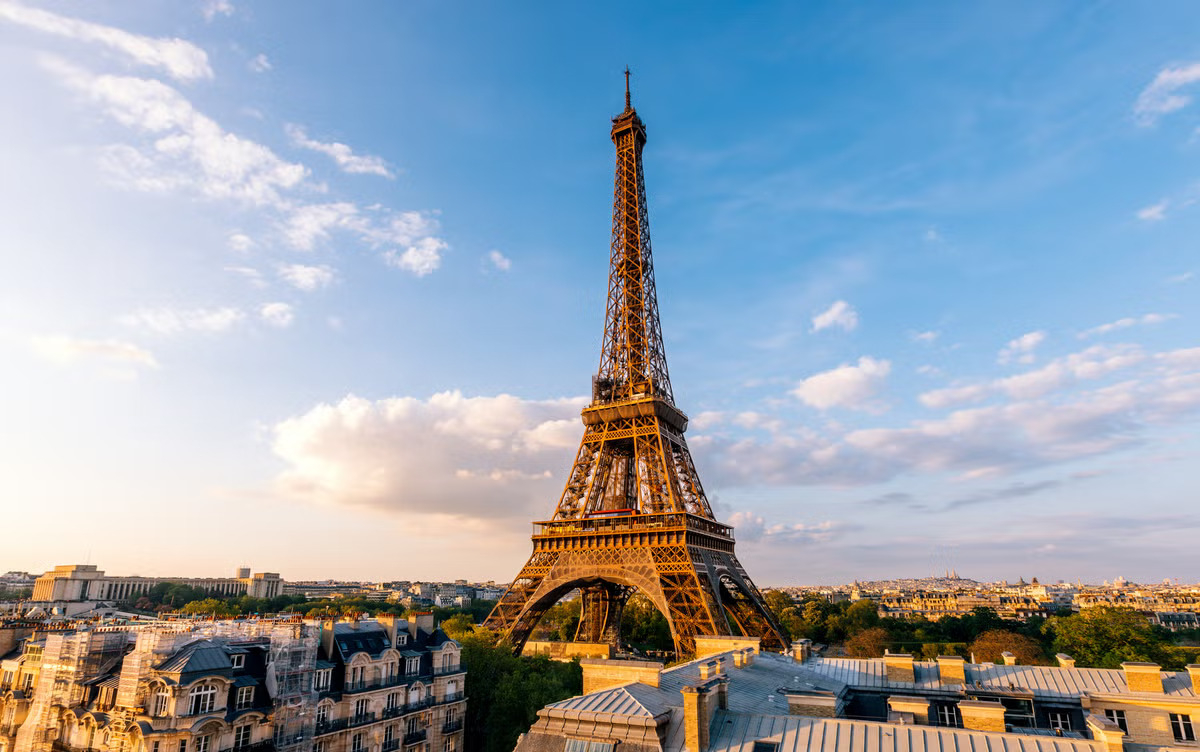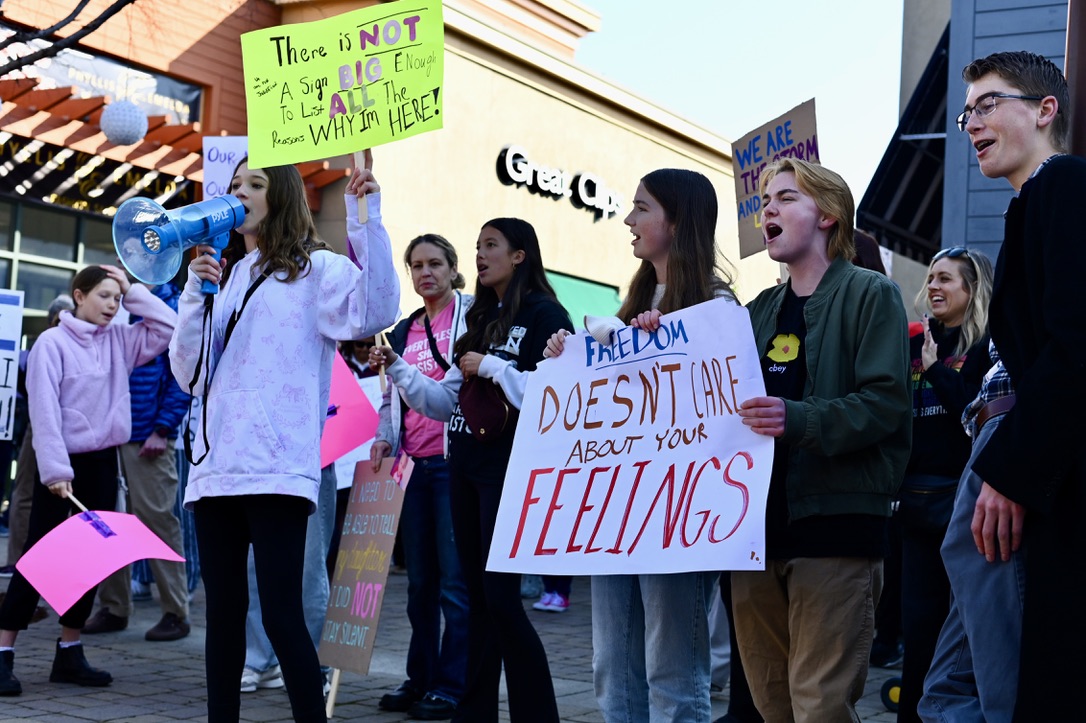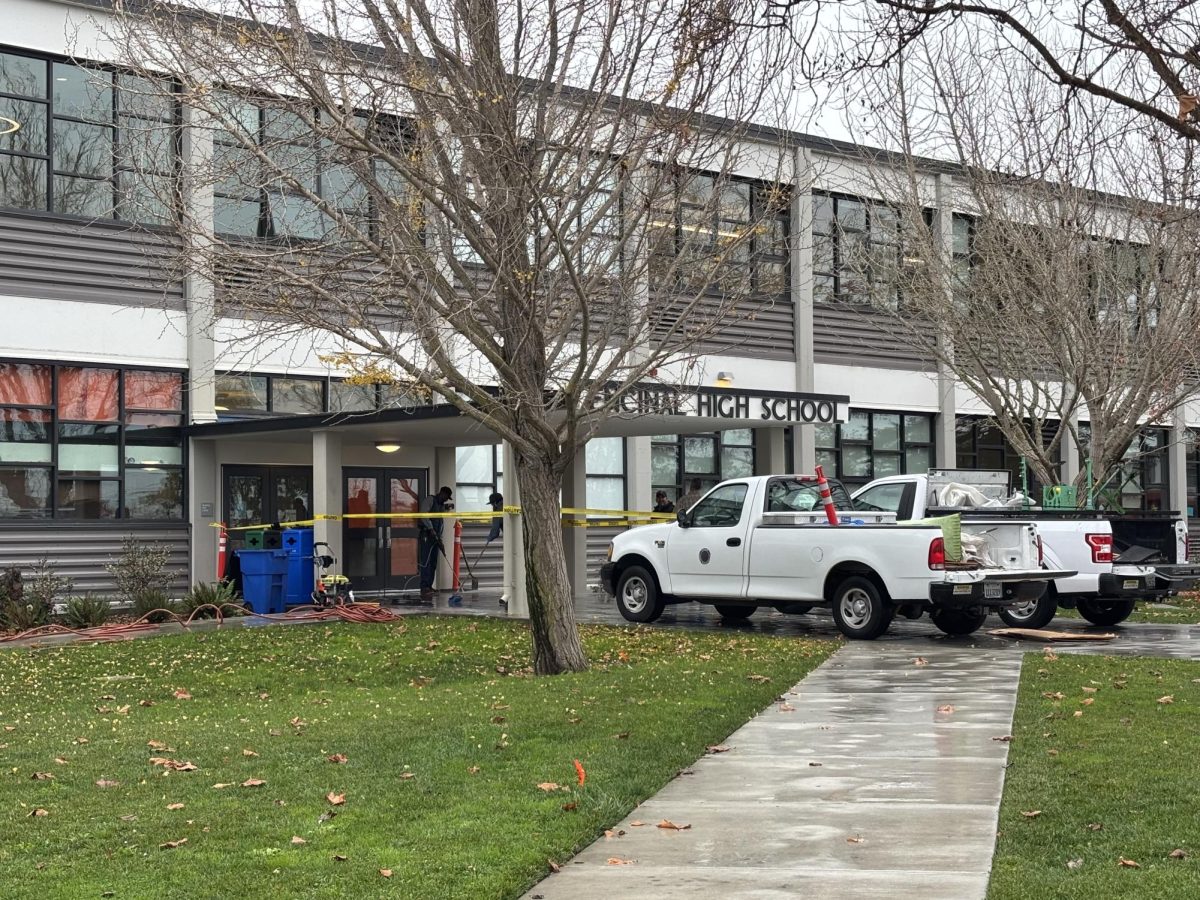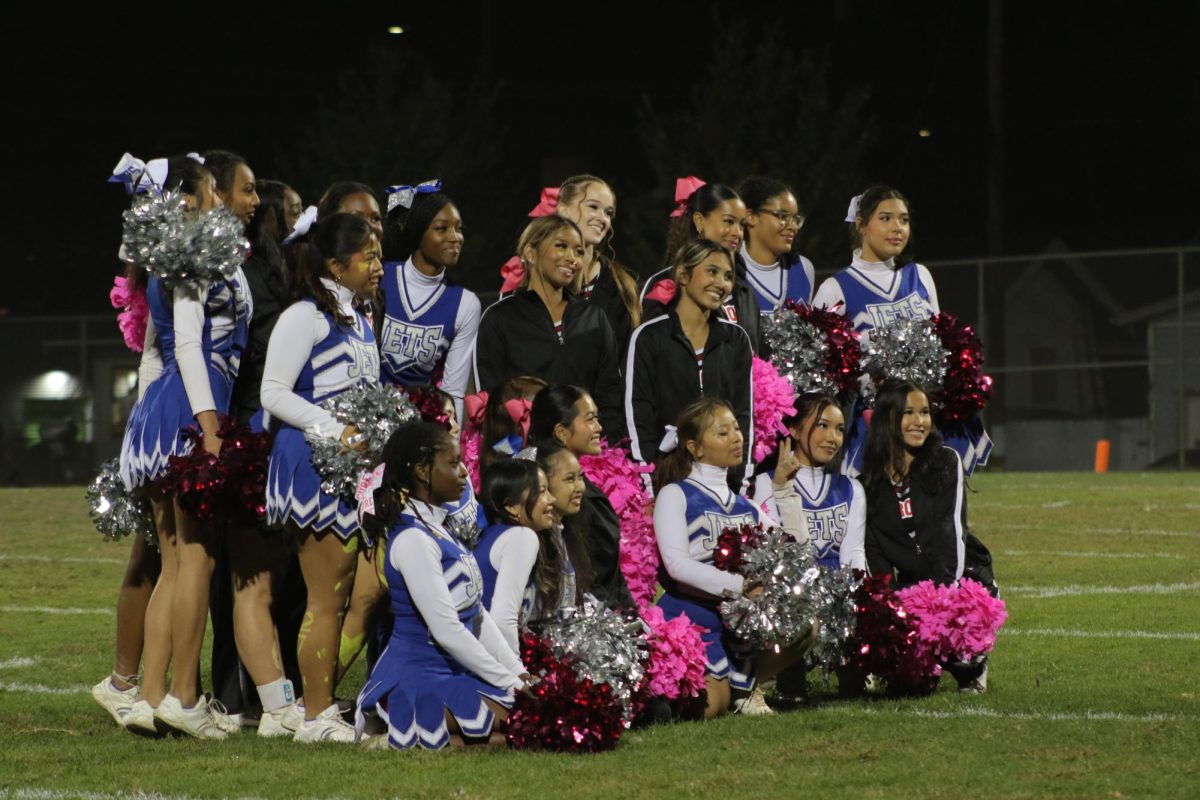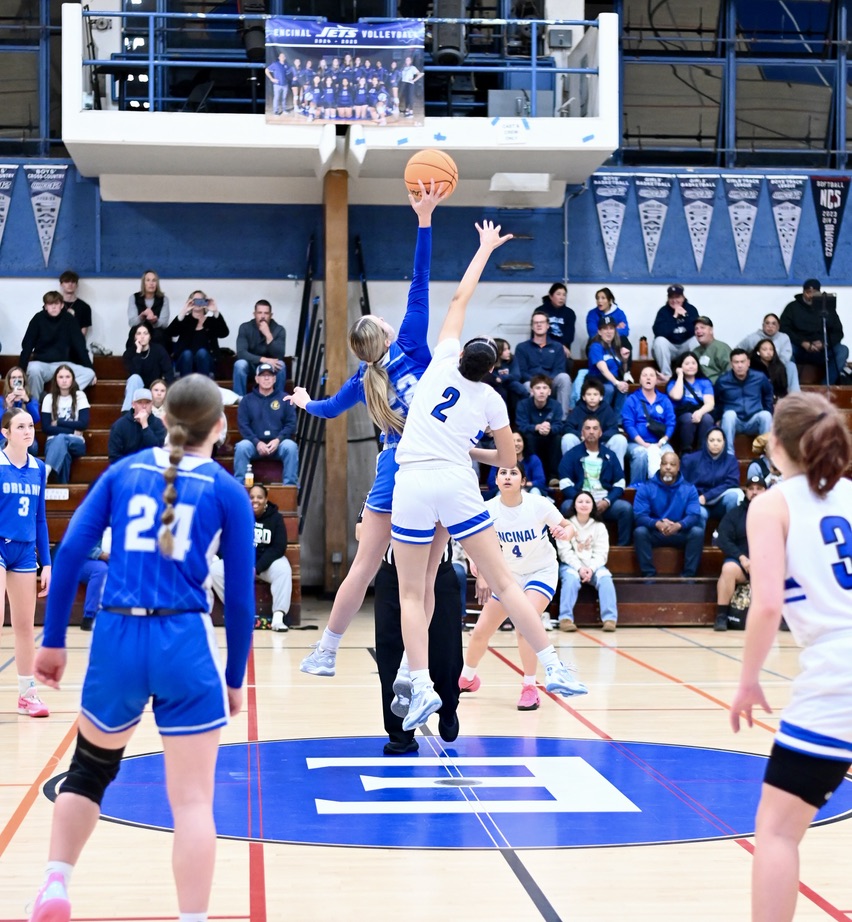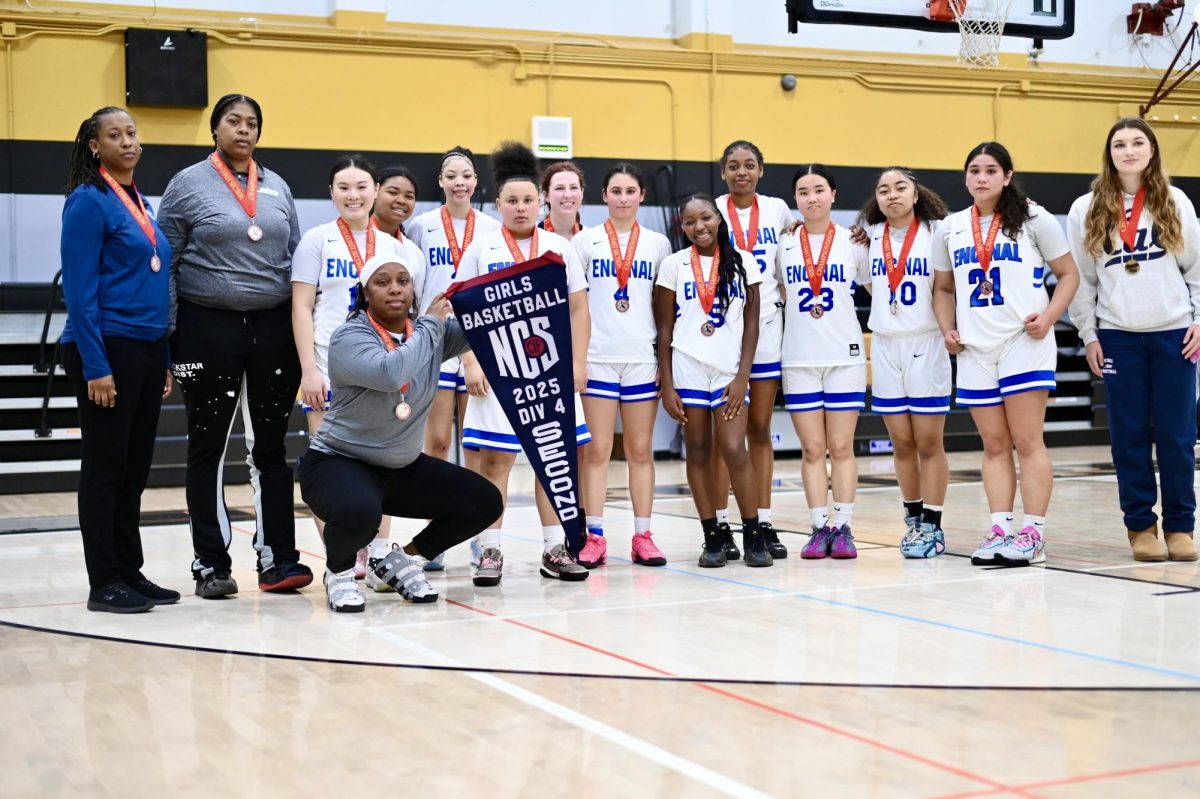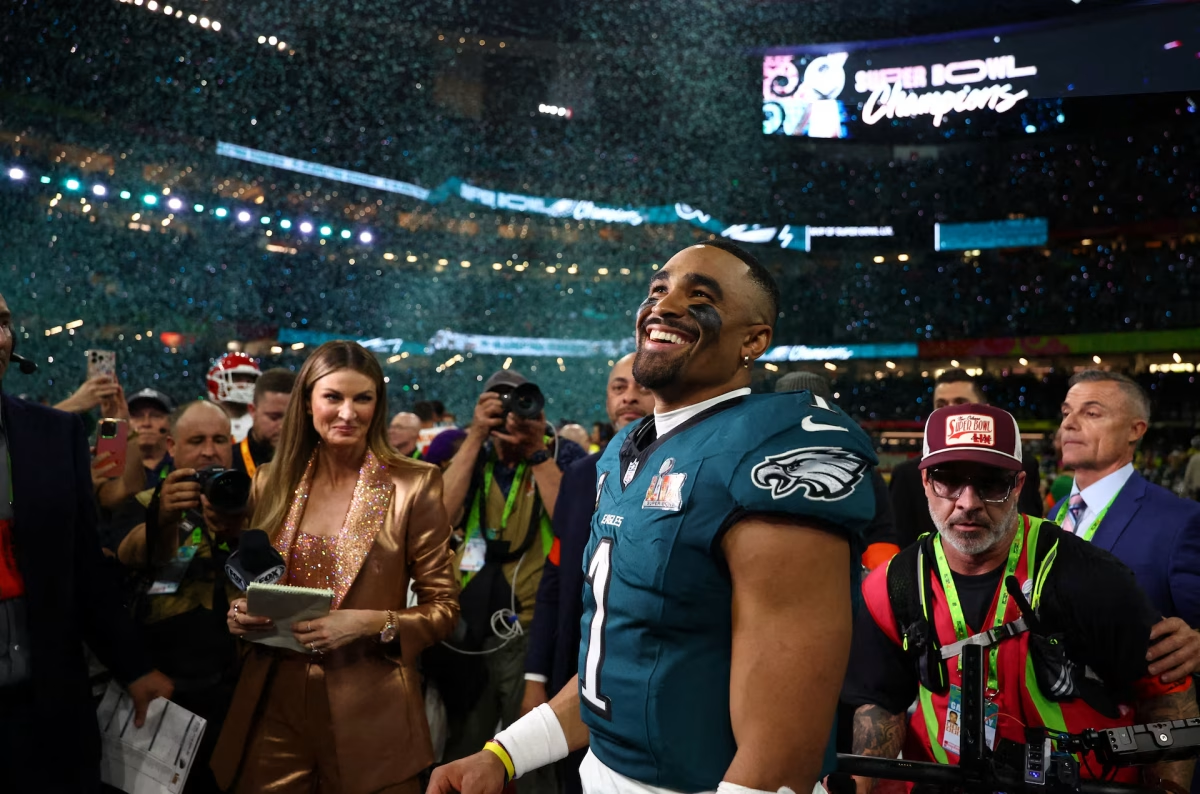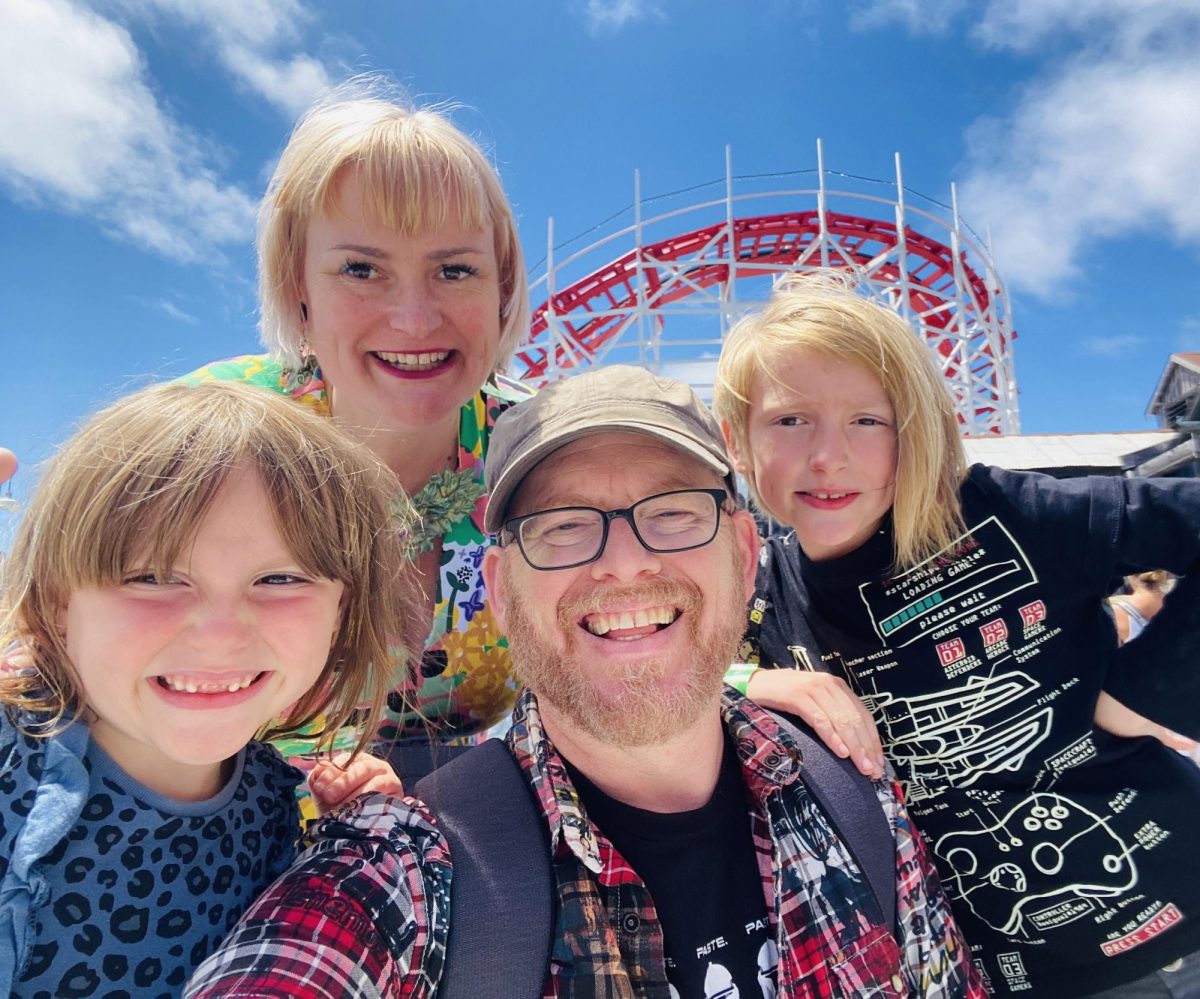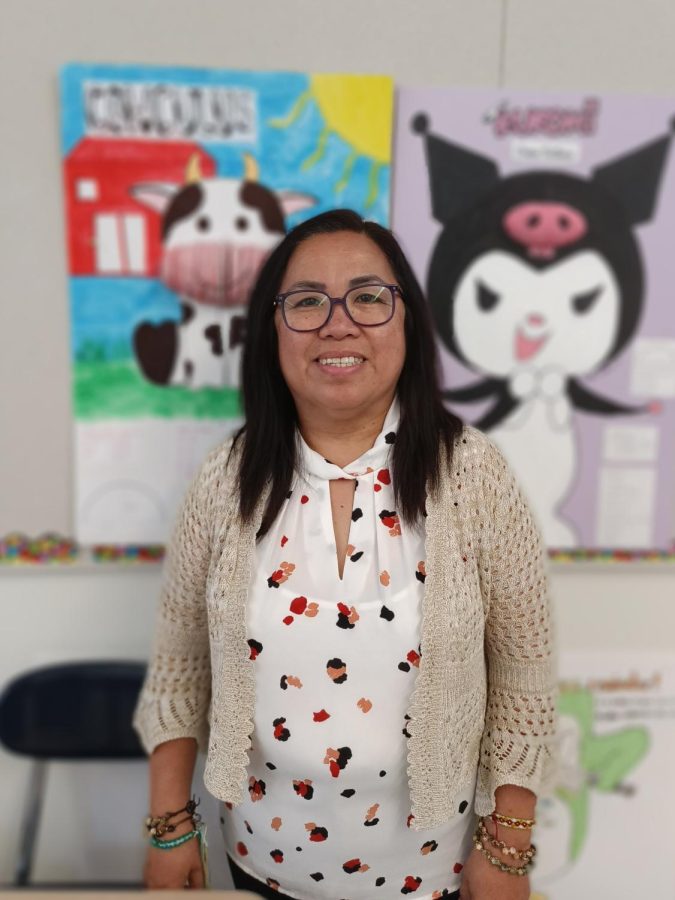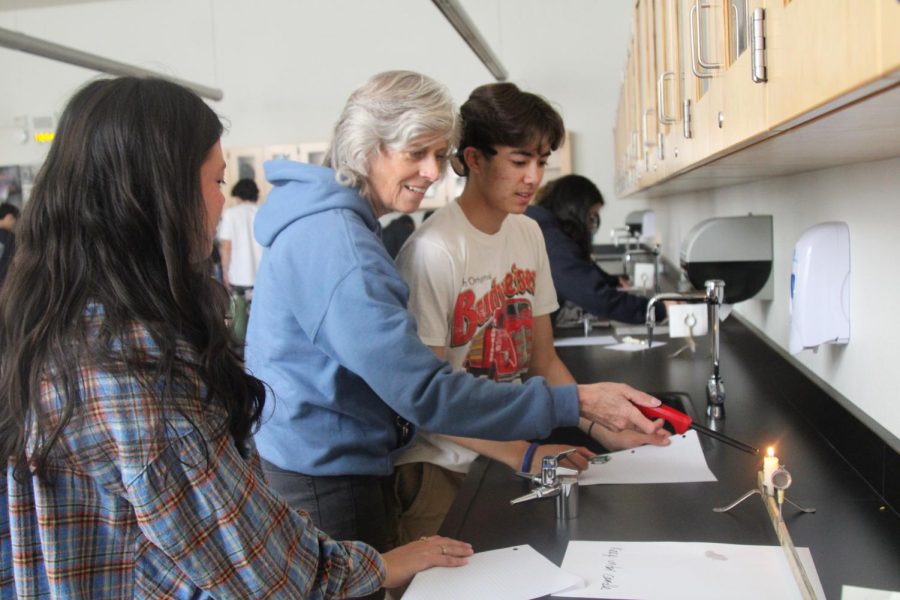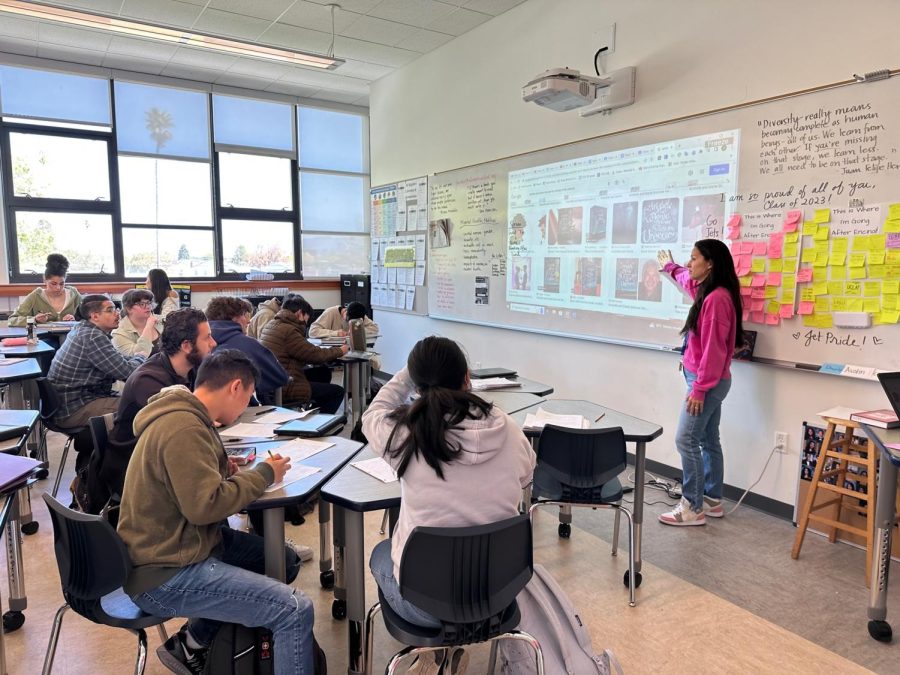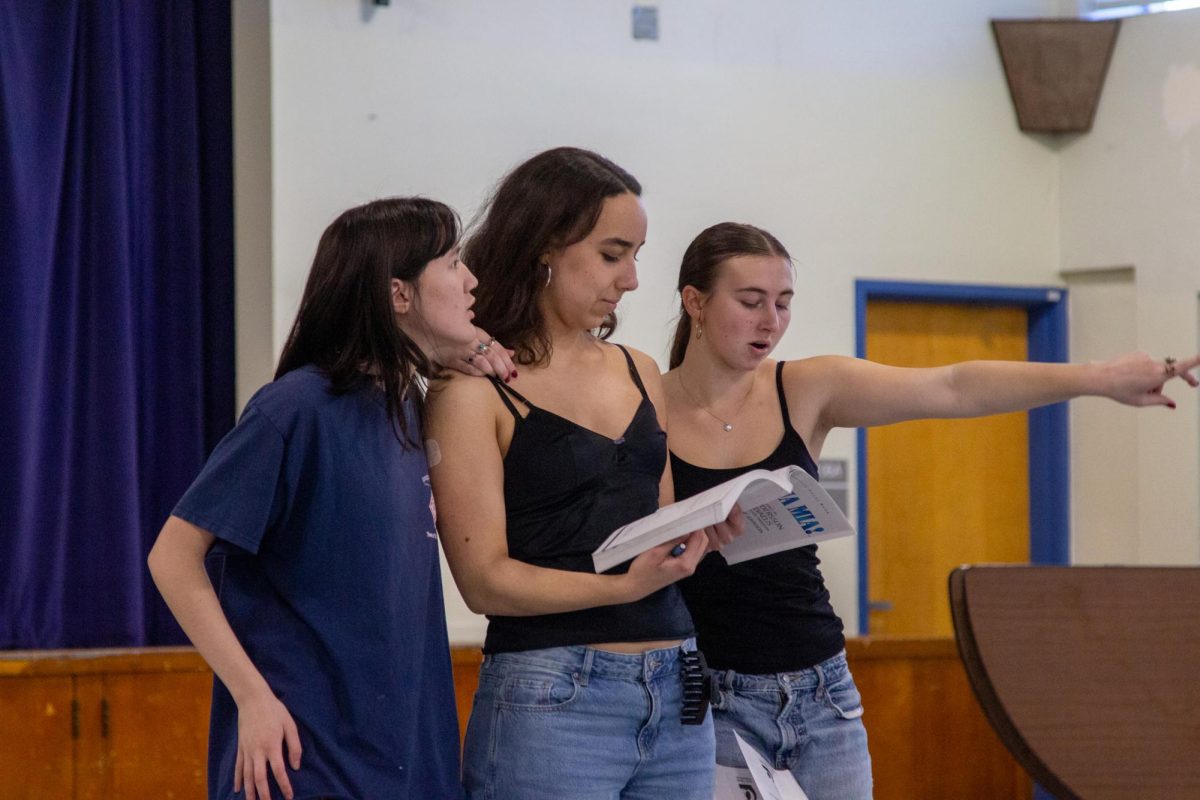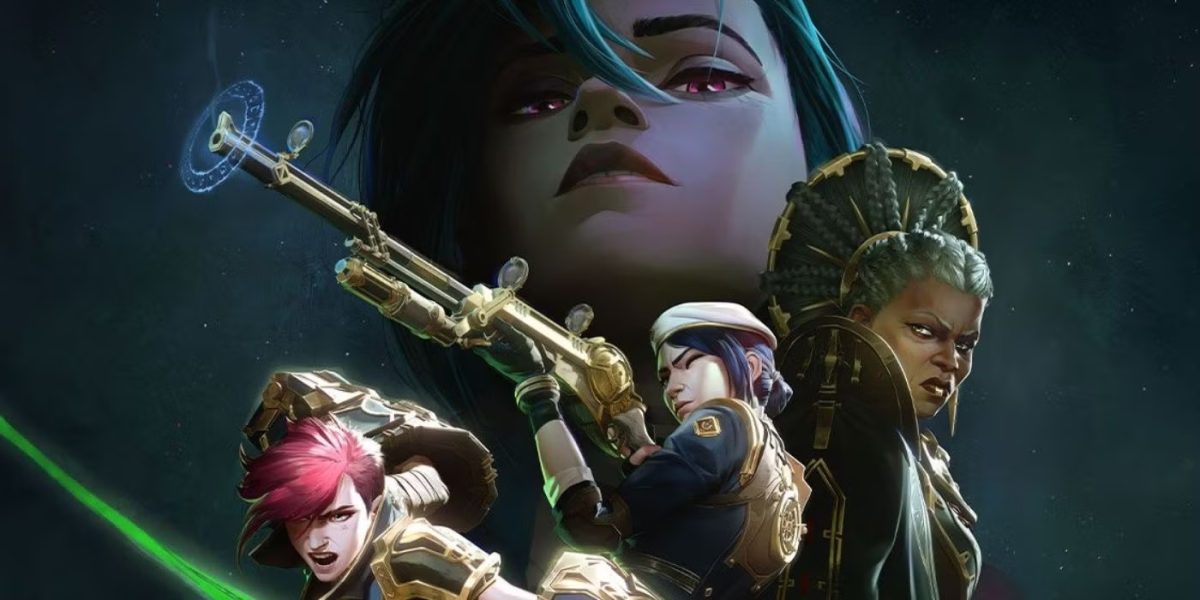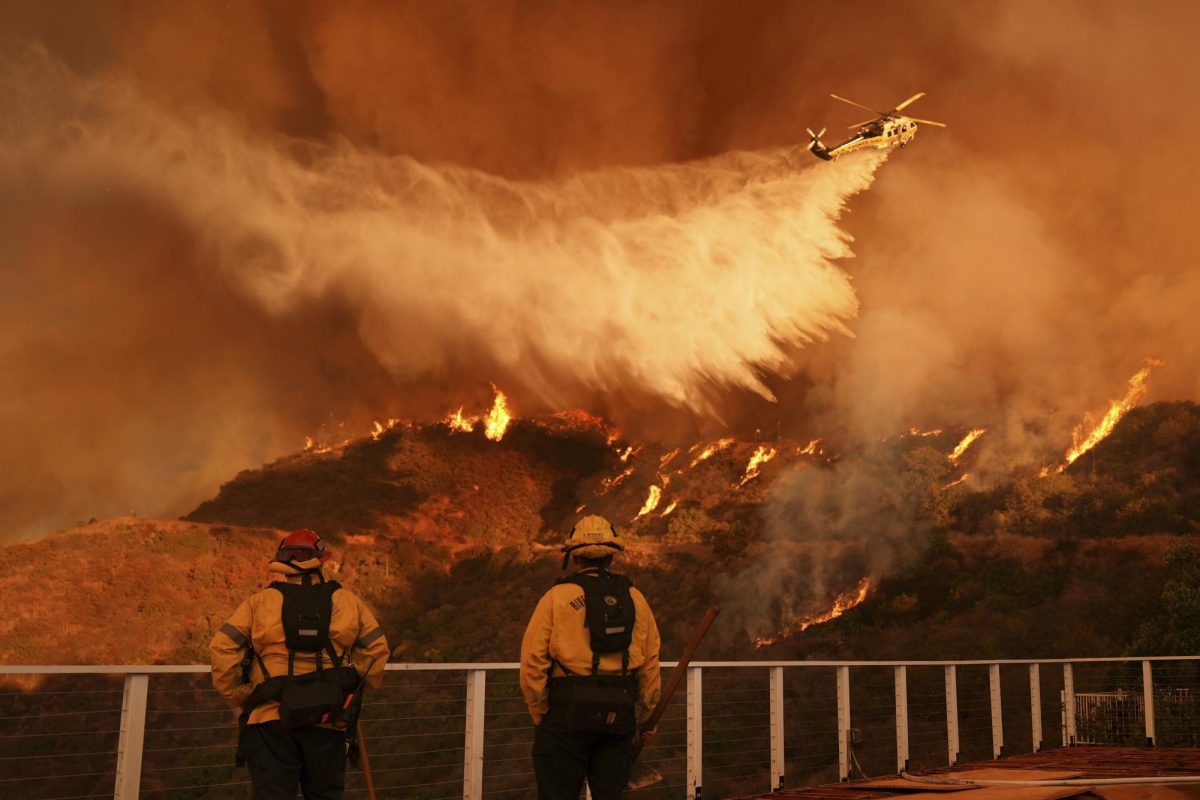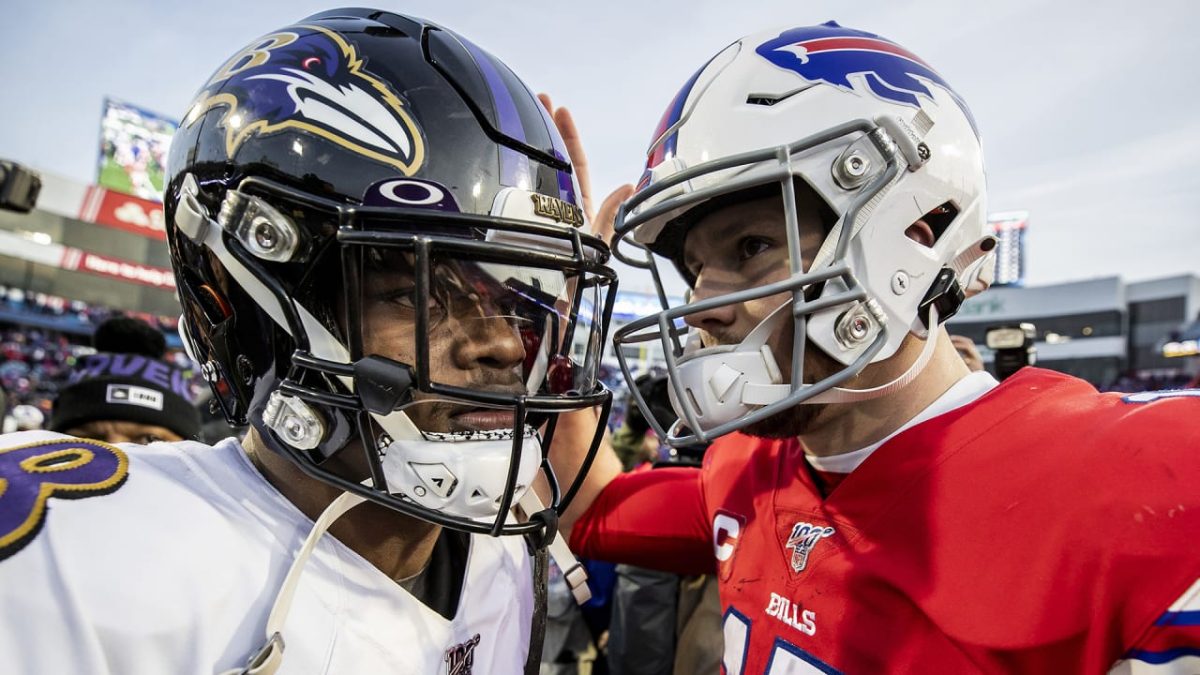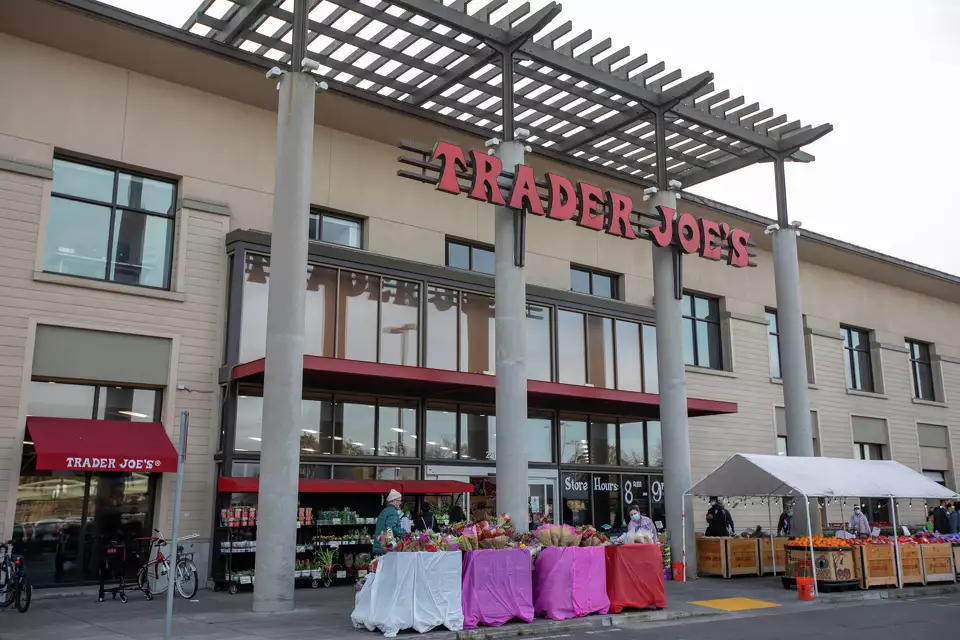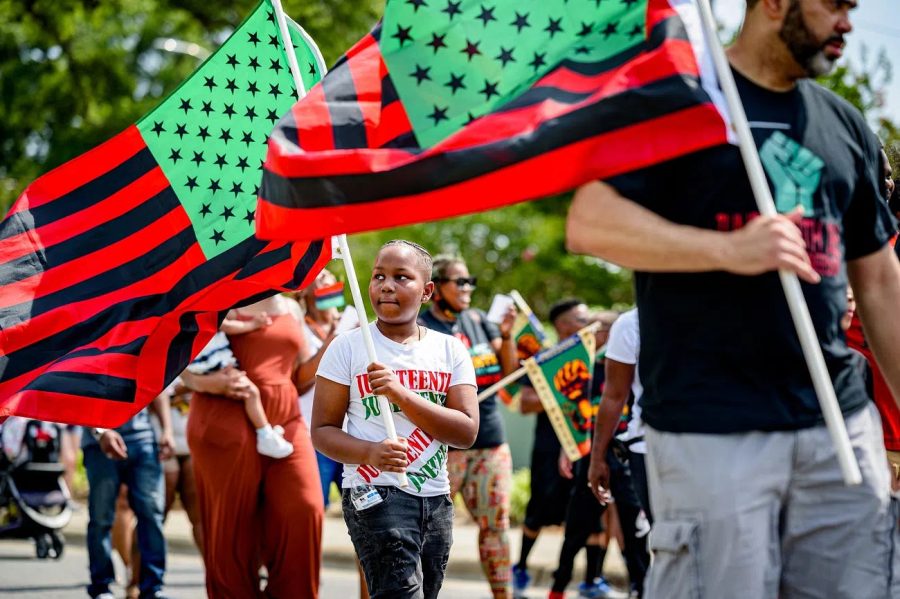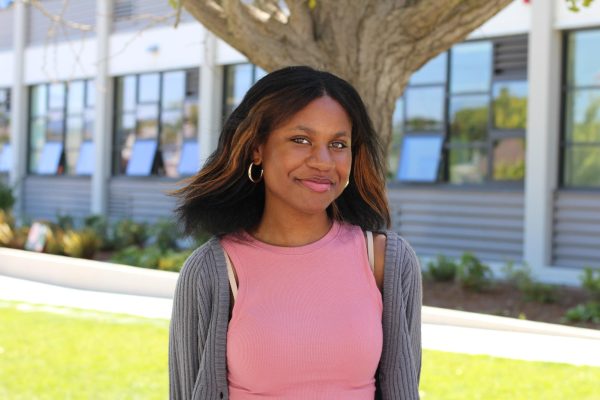The American Civil War reflects the division in America from 1861 to 1865. On Jan. 1, 1863, President Abraham Lincoln declared the freedom of enslaved peoples in the South. However, this did not immediately free all slaves in Southern states. It wasn’t until June 19, 1865 that 2,000 Union troops marched into Galveston Bay, Texas to announce that 250,000 enslaved Black people were free. This historical event marks the recognition of the day known as Juneteenth. However, in today’s society, there are several different opinions on this day and how it’s appreciated and recognized.
As a kid, my parents educated me on our history in America. From slavery and plantations to the civil war, to Jim Crow laws, and how my grandparents and great-grandparents were treated living in both the South and West. However, it wasn’t until a few years ago that I learned Black Americans had our own holiday, Juneteenth. Whenever I brought up the events and history behind that day to my friends, they all looked perplexed or utterly confused. It never occurred to me that what should be common knowledge about the emancipation of African-Americans–who, in my family, are viewed as part of the foundation of the USA– was barely known to people outside of my community. That worried me, because if my peers already lacked the knowledge and education on the history of Black people, how could I expect them to understand the depth and dystopian-like history of America and what my people experienced?
My school district, Alameda Unified School District (AUSD), officially recognizes Juneteenth and adopted the White House Proclamation, advocated for by Shamar Edwards, Educational and Senior Director of Equity at the district office. Juneteenth, one our country’s most important independence days, was finally recognized as a federal holiday in 2021 under the administration of President Joe Biden.
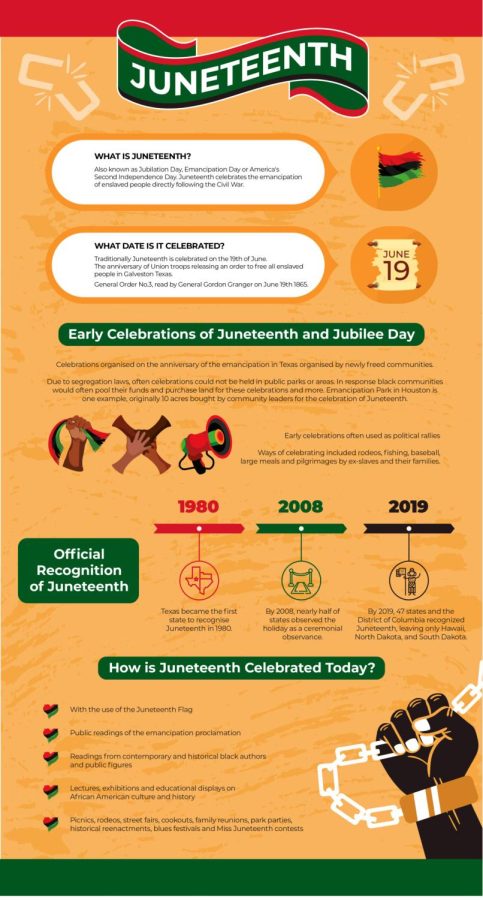
To neglect honoring such an impactful day would be more than a missed opportunity. However, while writing this article I asked myself, “what do my classmates think of Juneteenth?” I decided to reach out to two other Black Encinal students and ask them an important question, “What does Juneteenth mean to you?”
“Juneteenth is a celebration for the emancipation of slaves,” rising Senior Z’haria Anderson said. “I honor it by going to Lake Merritt where they have a large gathering with food vendors and music.”
Dating back to the 1800s, enslaved Black people on plantations used dance, food, music, and community as a way of hope and simply a way of survival under inhumane conditions.
“My personal opinion is that it isn’t taken very seriously and I believe there are more ways we can give our history and ancestors more honor by simply talking about black history and struggles more amongst each other and creating that safe space,” Anderson added.
“I think that it’s important that there is a day that represents and focuses on slavery in America because it’s a big part of its history and the history of a lot of people here,” rising Junior, Jaia Falls said. “That doesn’t mean that it’s enough because there’s a lot more to Black history than just slavery; Juneteenth is the celebration of the end of slavery, not all of Black history.”
A question that many people outside of the Black community might ask is, “Why should I care?” Simply stating historical facts isn’t enough to answer this question. Both students interviewed gave emotional answers in hopes to give readers a greater sense of understanding of Black history and the importance of Juneteenth.
“Just like all other cultural and ethnic groups, we have to talk about our experience for others to understand, otherwise nothing will get done. For a non-black person, I hope that they can learn that simply having black friends doesn’t make you truly understand what black people go through,” said Anderson. “Although it may sound harsh, our different experiences make us beautifully unique but we also need to learn how to respect our differences.”
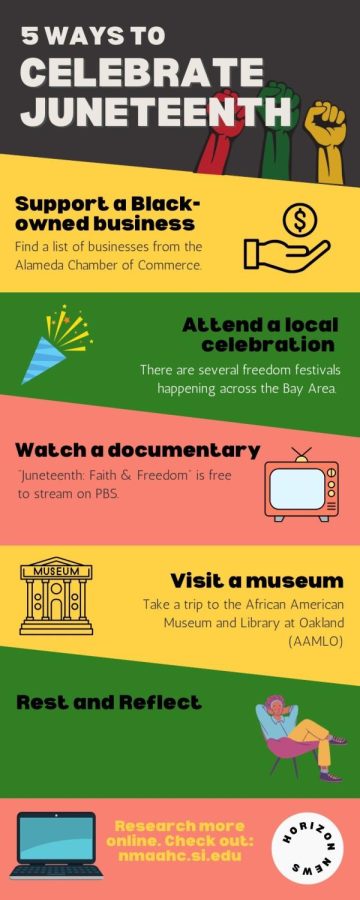
“This is our chance to be heard compared to the oppression that Black people have faced in the past,” Falls added. “For what seems like the first time, we have a voice that can be used to spread awareness about anything really, especially Black history, and that can only really happen if we choose to honor those who choose to speak. It’s important because now in this modern-day society, it’s our time to speak and that’s needed if we want to make change going forward.”
Recognizing Juneteenth as a federal holiday is great progress in honoring the history of Black people, but there is still so much more progress to be made: reparations for descendants of enslaved familes, holding people accountable for their actions–like police brutality–, or simply taking time and having the patience to educate yourself.

